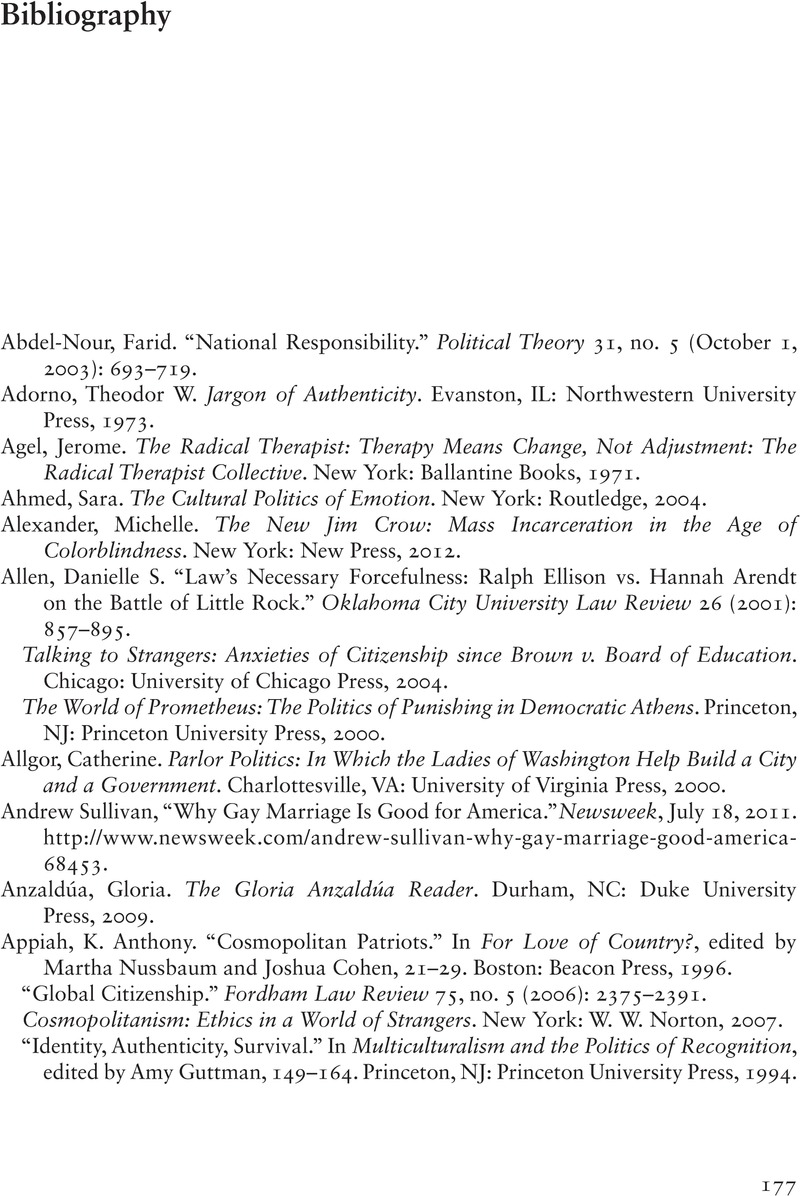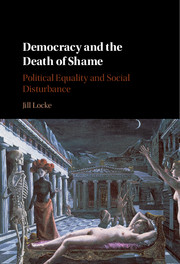Book contents
Bibliography
Published online by Cambridge University Press: 05 April 2016
Summary

- Type
- Chapter
- Information
- Democracy and the Death of ShamePolitical Equality and Social Disturbance, pp. 177 - 190Publisher: Cambridge University PressPrint publication year: 2016



